Recovery Supporting Housing
Transitional housing in Affton, Delmar & Kansas City, Missouri
Building Solid Recovery
Become an important part of a thriving, positive, wellness-based recovery community. Solid, long-term recovery is built by practicing living the principles of recovery you’ve learned in treatment. Learn to foster nurturing friendships and healthy relationships, build and maintain recovery-based connections and enjoy deep, lasting bonds with others.
Locations
- Colony Acres | Affton, Missouri
- Highland House | Affton, Missouri
- Summit Apartments | Kansas City, Missouri
- Delmar Apartments | University City, Missouri
Amenities
- Newly renovated buildings
- On site laundry
- 24/7 security
- Full sized beds in each room
Services
- Transportation to and from BWC outpatient centers
- Peer support
- Job Assistance
- Life-skill coaching
Take the first step.
It's not just the help you need. It's the help you deserve.
We're in-network, so treatment is affordable
Sana Lake Recovery accepts private insurance for alcohol and drug rehab in Kansas City, and is able to offer in-network benefits with the following insurance companies.
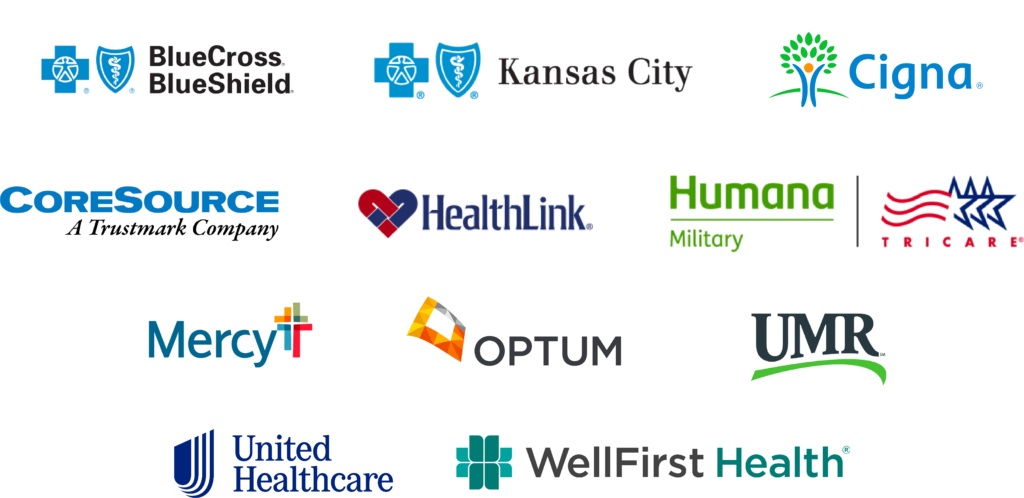
A Consistent, Encouraging Environment of
Accountability and Independence
Start this next chapter of your journey surrounded by fellow recovery-minded peers in our sober living apartments. Our male and female units are fully furnished with modern décor, comfortable furniture, and everything you need for day-to-day life.
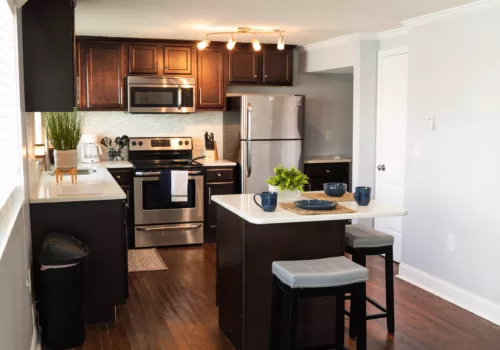
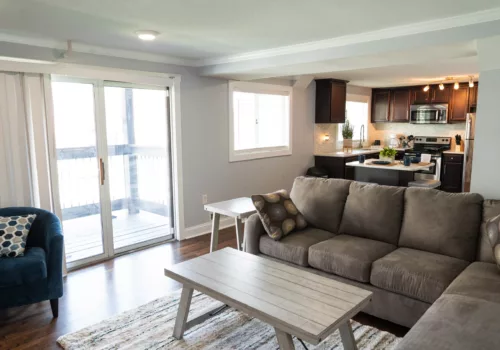
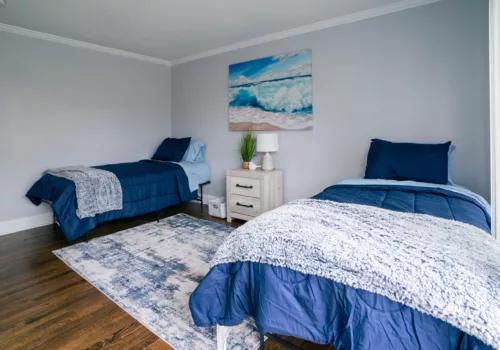
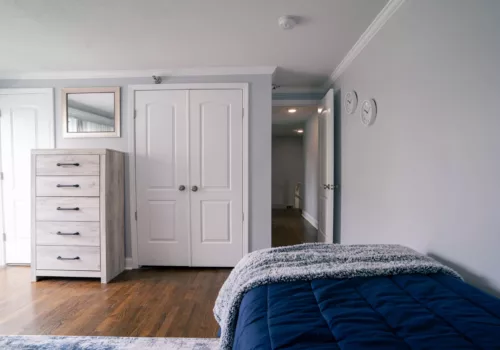
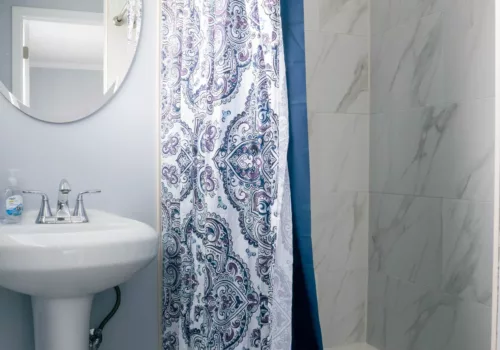
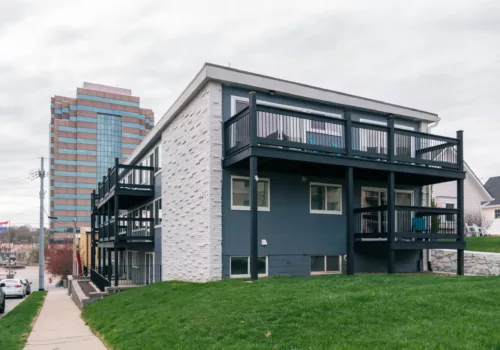
Take the first step.
It's not just the help you need. It's the help you deserve.
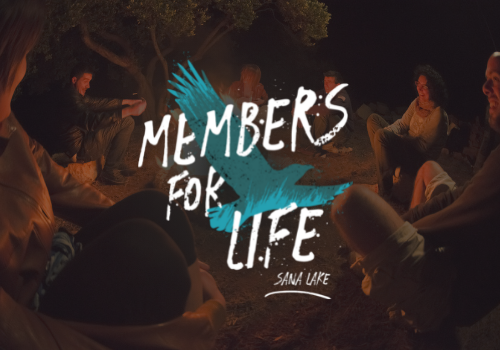
Ongoing Support in the Members for Life Community
Members for Life is an active and growing community of Sana Lake members, both past and present, who get together weekly for recovery meetings and fun events. Anyone who said sobriety wasn’t fun has clearly never been to a Members for Life event!



